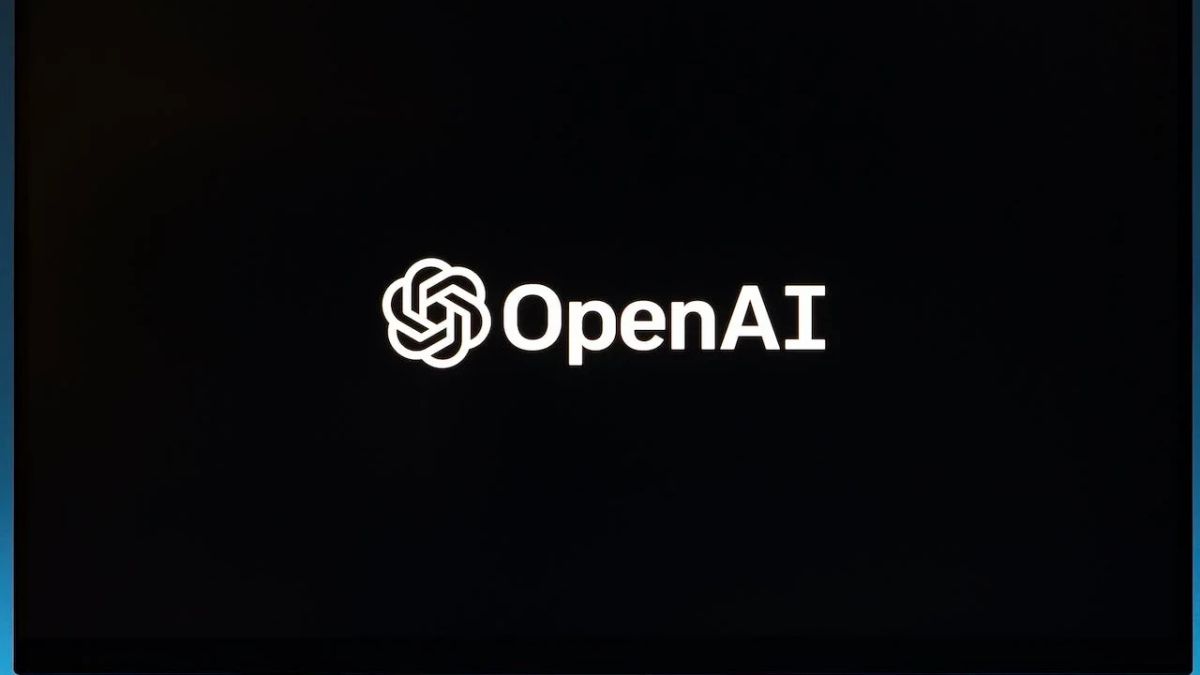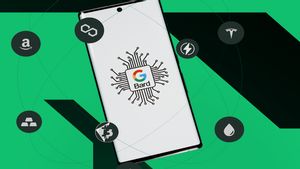JAKARTA - OpenAI plans to introduce a major update for developers next month with the aim of making it more affordable and faster to build software applications based on its artificial intelligence models.
This is OpenAI's attempt to court more companies to use its technology, sources with insight into the plans reported to Reuters.
The update includes adding memory storage to its developer tools used for artificial intelligence models. This could in theory reduce costs for app developers by up to 20 times, which is a major concern for partners where the costs of using OpenAI's powerful models can quickly add up. especially when they are trying to build a sustainable business by developing and selling artificial intelligence software.
The company also plans to reveal new tools, such as vision capabilities that will allow developers to build applications with the ability to analyze images and explain them, with potential uses in a variety of fields, from entertainment to medicine.
These new features demonstrate the company's ambition to grow from a consumer sensation into a successful developer platform, in line with Chief Executive Officer (CEO) Sam Altman's vision. The company originally operated in relative obscurity outside the technology industry as a non-profit founded by Elon Musk and Altman in 2015. Currently, Elon Musk does not own shares in the company.
The new features are expected to be unveiled at OpenAI's first developer conference in San Francisco on November 6, according to cited sources. They are designed to encourage companies to use OpenAI technology to build artificial intelligence-based chatbots and autonomous agents that can perform tasks without human intervention. These sources requested anonymity to discuss the company's private plans.
OpenAI itself declined to comment on the report.
The company made headlines in November last year when it launched ChatGPT, attracting hundreds of millions of people to try out the chatbot that responds to questions and commands in a human-like way, making it one of the fastest-growing consumer apps in the world.
OpenAI has high hopes for sales growth. As Reuters reported in December last year, OpenAI executives hope to reach revenue of $200 million this year and $1 billion by 2024.
Recently, companies have faced challenges in attracting external parties to build businesses using their technology. Making OpenAI irreplaceable for other companies building applications is one of Altman's most important strategic goals.
He has met with developers, expressing his desire to build a new ecosystem based on OpenAI models, which are now used in applications ranging from DoorDash to writing assistant Jasper.
The planned release of a so-called stateful API (Application Program Interface) will make it cheaper for companies to create applications with conversation history in mind. This can dramatically reduce the amount of usage that developers are required to pay for.
Currently, processing a single page of a document using GPT-4 can cost around 10 cents, depending on the length and complexity of input and output, according to prices listed on the OpenAI website.
Another update, the vision API, will allow people to build software that can analyze images, weeks after the feature became available to ChatGPT users. Providing these tools to developers also marks an important step for OpenAI in rolling out multimodal capabilities that process and produce various types of media besides text, such as images, audio, and video.
The update is designed to entice more developers to pay for access to OpenAI's model to build their own artificial intelligence software for various purposes, such as writing assistants or customer service bots.
Investors have poured more than $20 billion (Rp. 302 trillion) into artificial intelligence startups this year, many of which rely on OpenAI technology or other archetypal companies, according to PitchBook data.
SEE ALSO:
However, investors are concerned about these startups' reliance on companies like OpenAI or Google, as this could leave them vulnerable to duplication by competitors or by larger companies through product updates.
Meanwhile, startups are also trying to diversify the types of models they use, experimenting with competitors OpenAI and open source options like Meta's Llama. This makes it important for OpenAI to differentiate itself from large-capital competitors like Google.
Keeping developers satisfied has been a key focus for OpenAI, according to these sources. Although ChatGPT has been hugely successful among consumers, OpenAI's ambitions to attract other companies have not gone smoothly.
This year, the company immediately released the ChatGPT plugin, an additional tool that allows developers to build applications within ChatGPT. OpenAI hopes the plugin will become its version of Apple's iOS App Store, gaining an edge over chatbots like Google's Bard.
The English, Chinese, Japanese, Arabic, and French versions are automatically generated by the AI. So there may still be inaccuracies in translating, please always see Indonesian as our main language. (system supported by DigitalSiber.id)


















